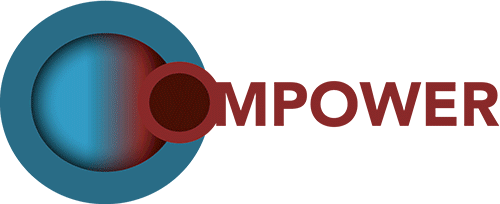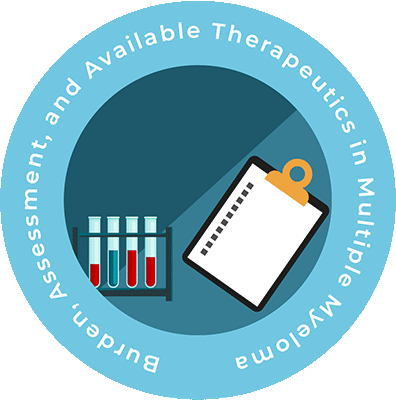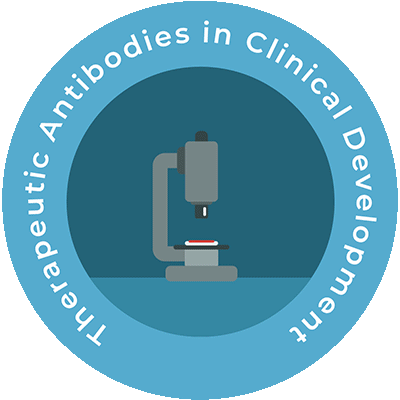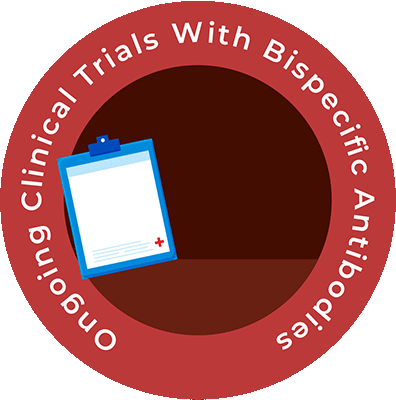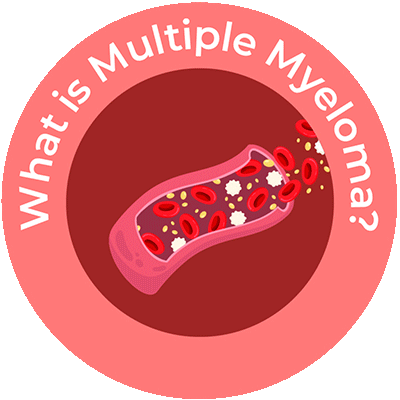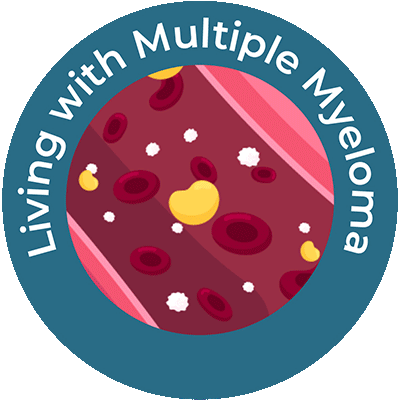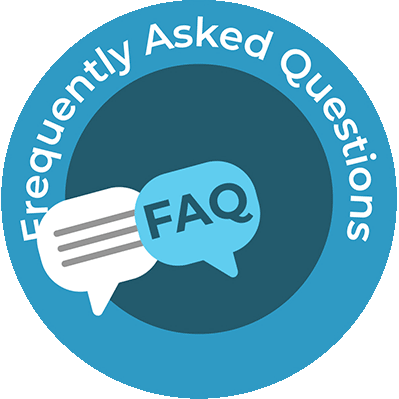This activity is provided by Med Learning Group.
This activity is supported by an independent medical education grant from Regeneron Pharmaceuticals, Inc.
Copyright © 2024 Med Learning Group. Built by Divigner. All Rights Reserved.
Ongoing Clinical Trials With Bispecific Antibodies
Clinicians must maintain awareness of the latest clinical trials ongoing in the management of multiple myeloma across the bispecific antibody therapies, including single-agent studies, and combinations (Table 3).27
Table 3: Selected Clinical Studies of Bispecific Antibody Therapies in Multiple Myeloma27
Treatment | Title | Link |
Linvoseltamab (REGN5458) | First in Human (FIH) Study of REGN5458 in Patients With Relapsed or Refractory Multiple Myeloma (LINKER-MM1) | |
REGN5458 (Anti-BCMA x Anti-CD3 Bispecific Antibody) Plus Other Cancer Treatments for Participants With Relapsed/Refractory Multiple Myeloma | ||
Compassionate Use (CU) of REGN5458 for Patients With Relapsed or Refractory Multiple Myeloma (MM) | ||
CC-93269 | Study of CC-93269, a BCMA x CD3 T Cell Engaging Antibody, in Participants With Relapsed and Refractory Multiple Myeloma | |
Elranatamab (PF-06863135) | MagnetisMM-4: Umbrella Study of Elranatamab (PF-06863135) in Combination With Anti-Cancer Treatments in Multiple Myeloma | |
MagnetisMM-8: Study Of Elranatamab (PF-06863135) Monotherapy in Chinese Participants With Refractory Multiple Myeloma | ||
MagnetisMM-5: Study of Elranatamab (PF-06863135) Monotherapy and Elranatamab + Daratumumab Versus Daratumumab + Pomalidomide + Dexamethasone in Participants With Relapsed/Refractory Multiple Myeloma (MAGNETISMM-5) | ||
Pre-approval Single-patient Expanded Access for Elranatamab (PF-06863135) | ||
Study With Elranatamab Versus Lenalidomide in Patients With Newly Diagnosed Multiple Myeloma After Transplant (MagnetisMM-7) | ||
A Study to Learn About the Study Medicine (Elranatamab) in Participants With Multiple Myeloma That Has Come Back After Responding to Treatment or Has Not Responded to Treatment (MagnetisMM-9) | ||
TNB-383B | A Study of TNB-383B in Participants With Relapsed or Refractory Multiple Myeloma | |
Teclistamab (JNJ-64007957) | A Study of Teclistamab in Japanese Participants With Relapsed or Refractory Multiple Myeloma | |
Teclistamab Expanded Access Treatment Protocol for Relapsed or Refractory Multiple Myeloma Patients | ||
A Study of Teclistamab in Combination With Lenalidomide Versus Lenalidomide Alone in Participants With Newly Diagnosed Multiple Myeloma as Maintenance Therapy Following Autologous Stem Cell Transplantation (MajesTEC-4) | ||
A Study of Teclistamab in Combination With Daratumumab Subcutaneously (SC) (Tec-Dara) Versus Daratumumab SC, Pomalidomide, and Dexamethasone (DPd) or Daratumumab SC, Bortezomib, and Dexamethasone (DVd) in Participants With Relapsed or Refractory Multiple Myeloma (MajesTEC-3) | ||
A Study of Teclistamab With Other Anticancer Therapies in Participants With Multiple Myeloma (MajesTEC-2) | ||
A Study of Teclistamab, in Participants With Relapsed or Refractory Multiple Myeloma (MajesTEC-1) |
